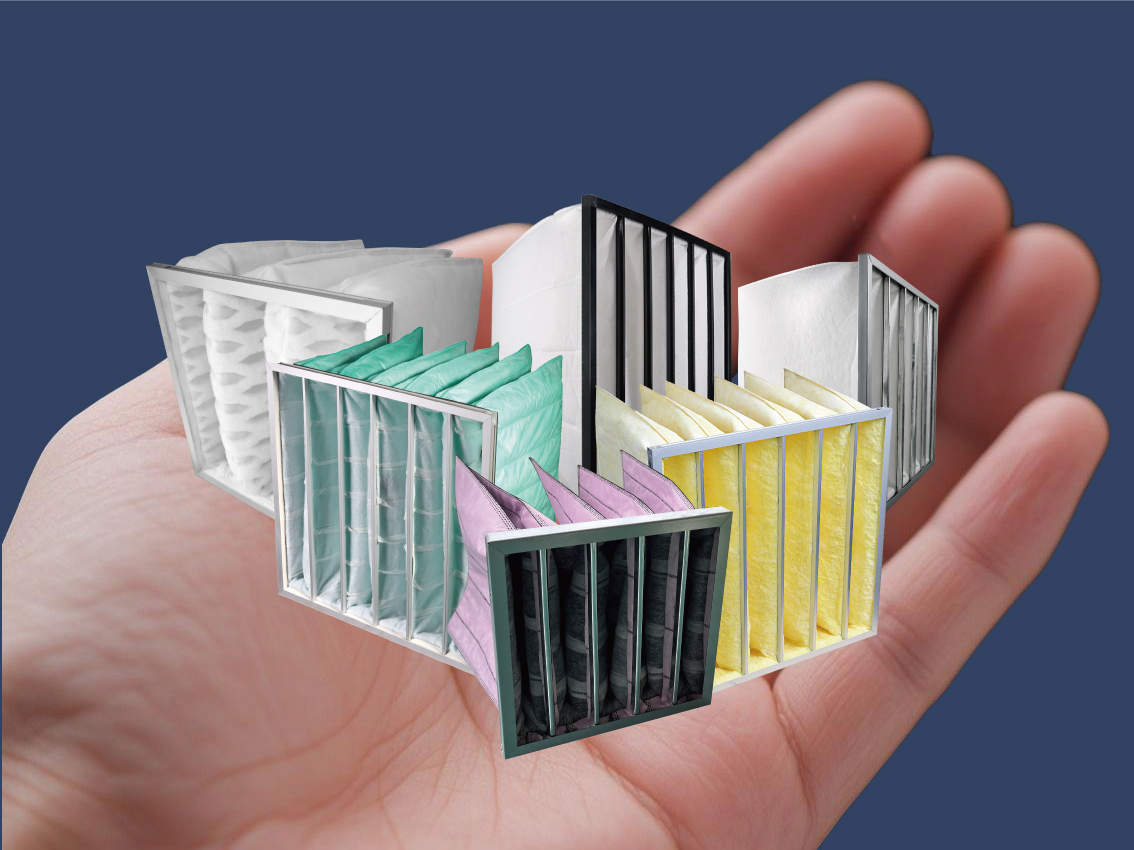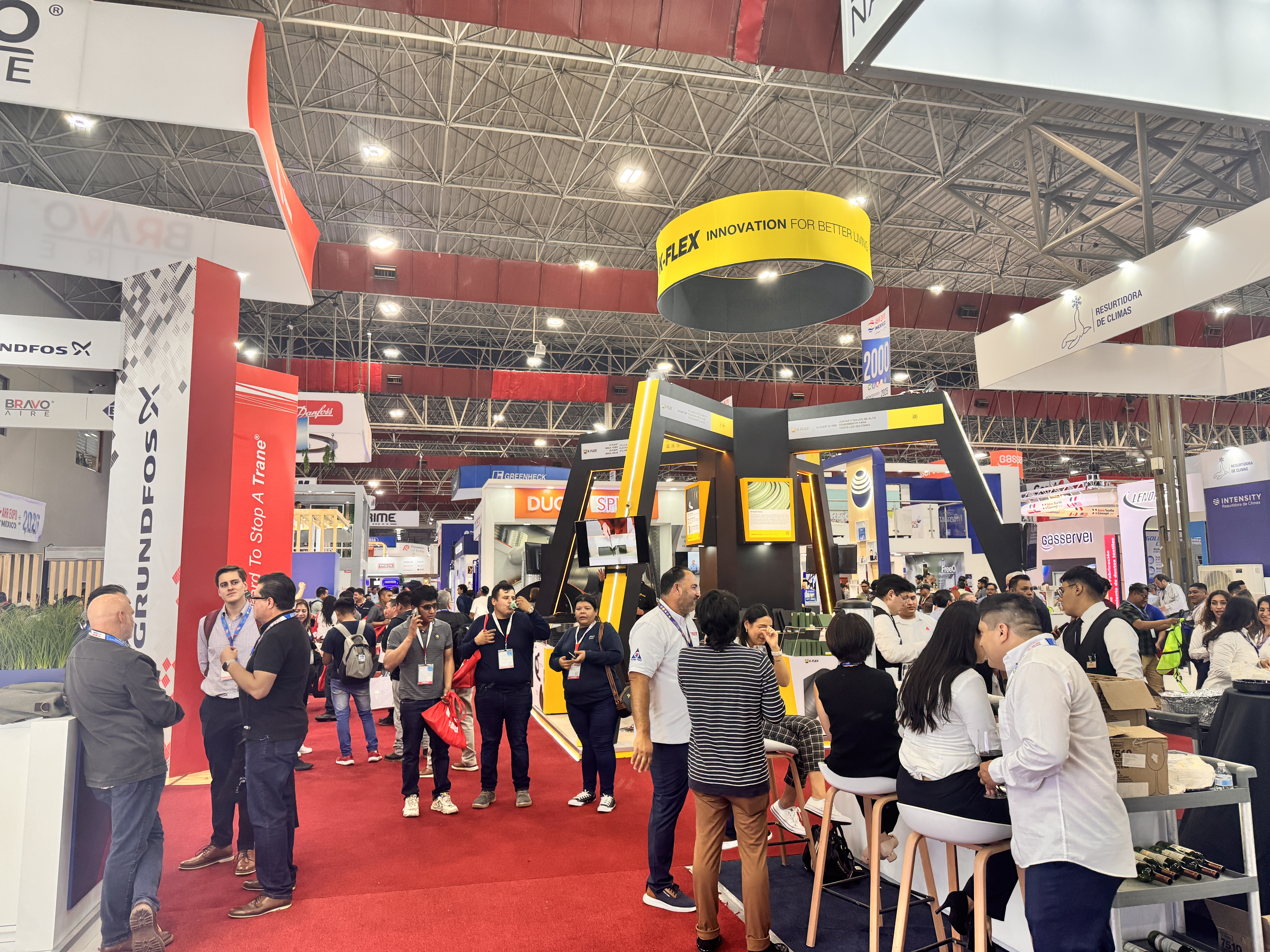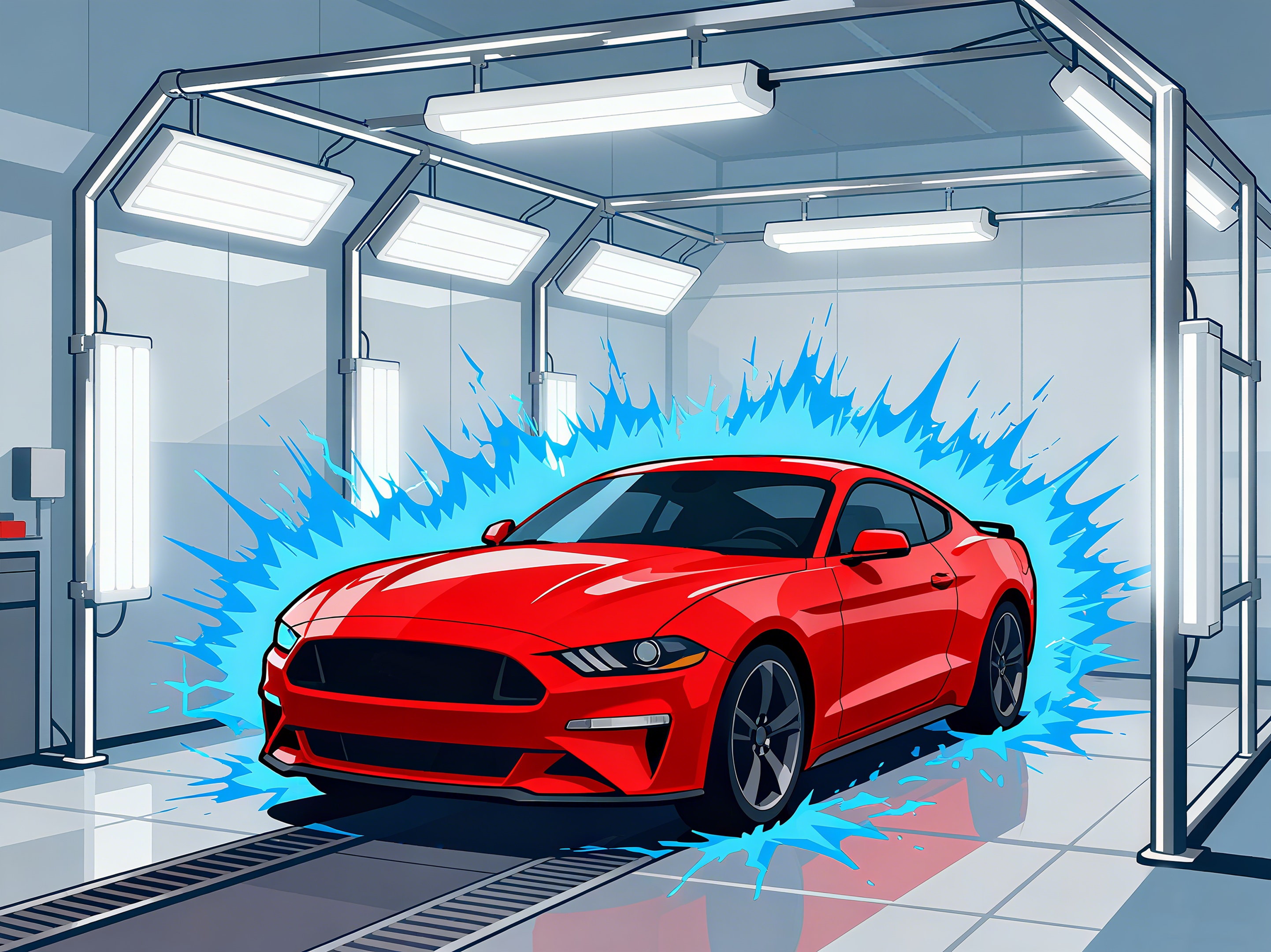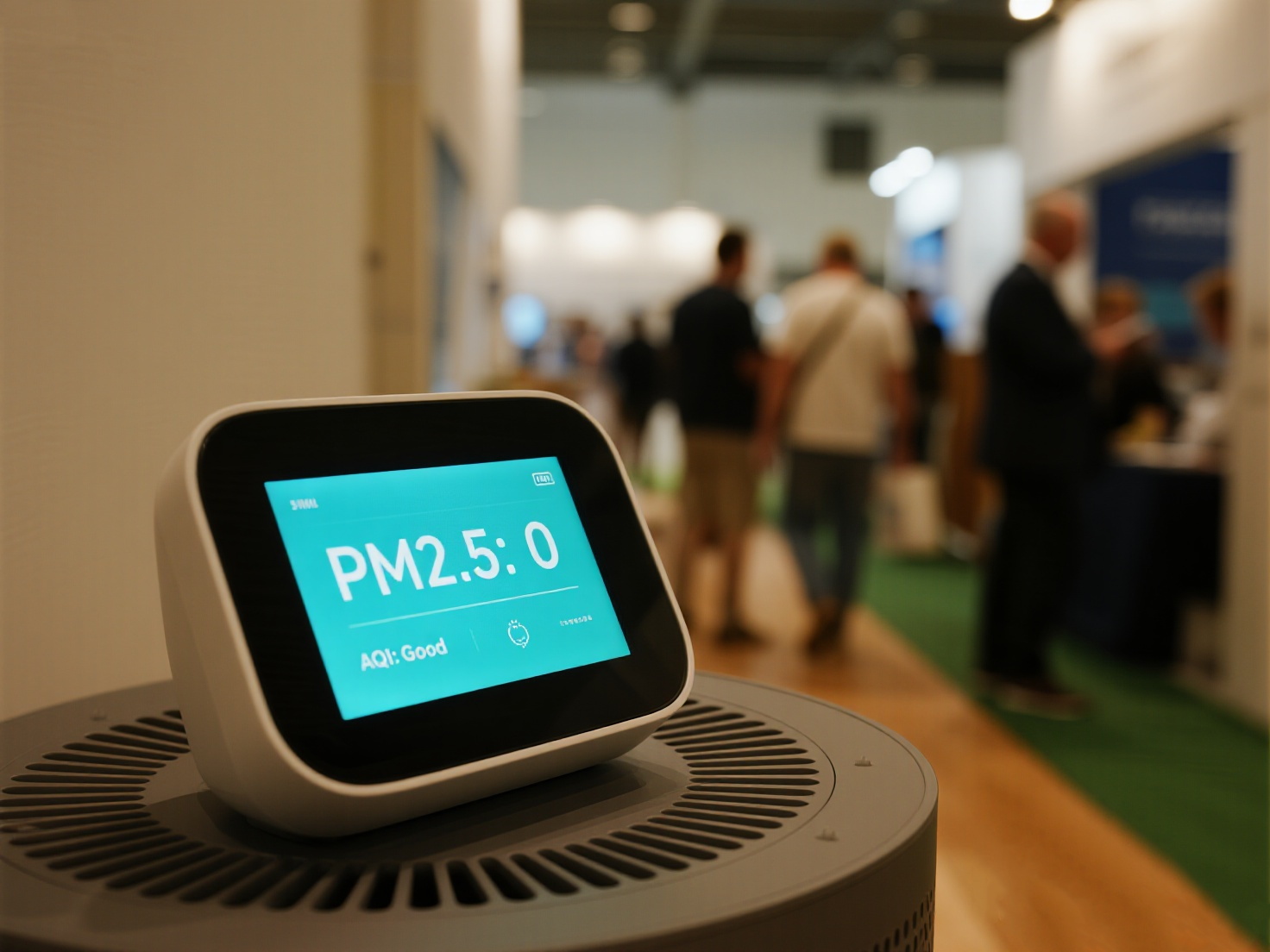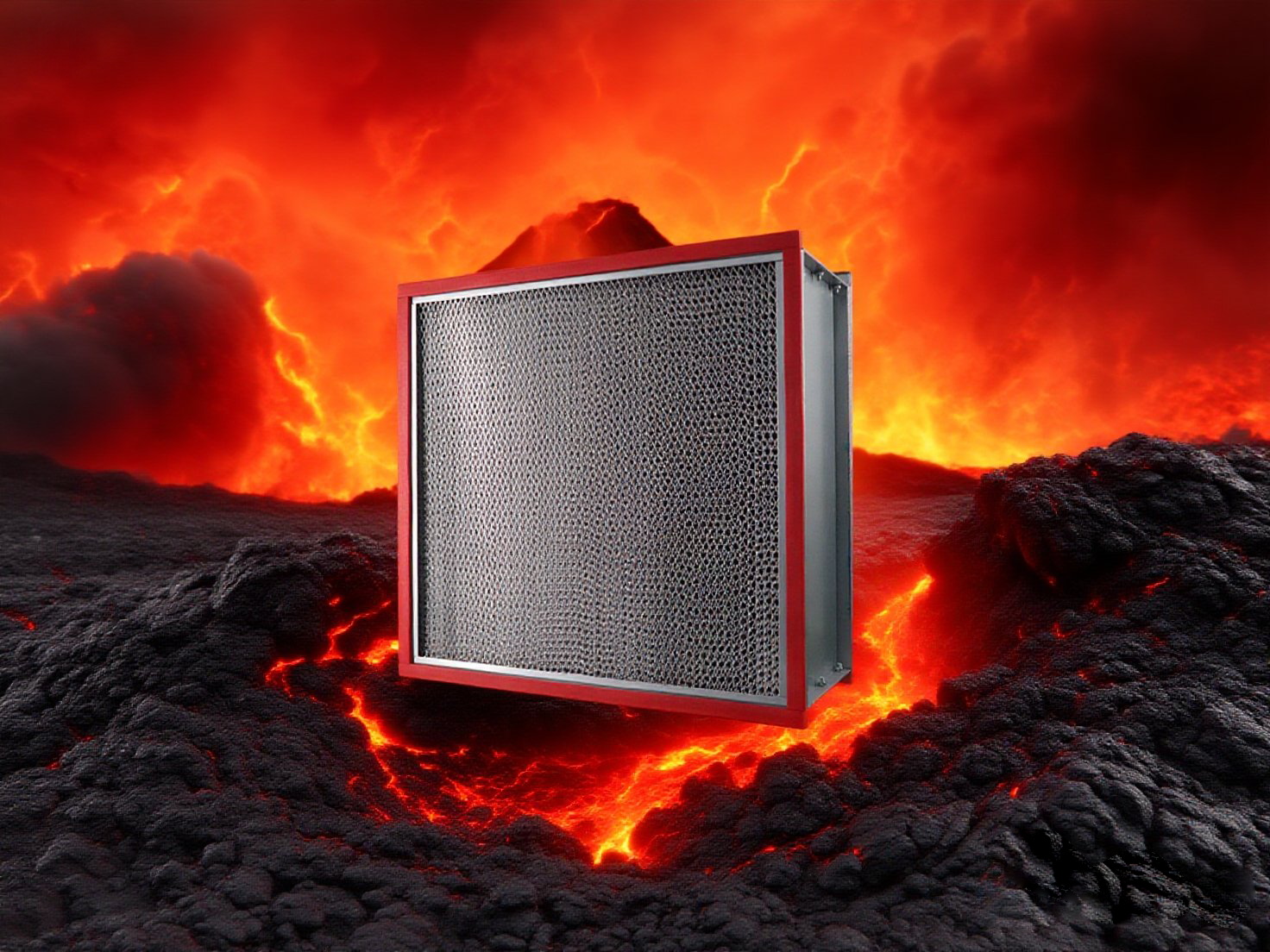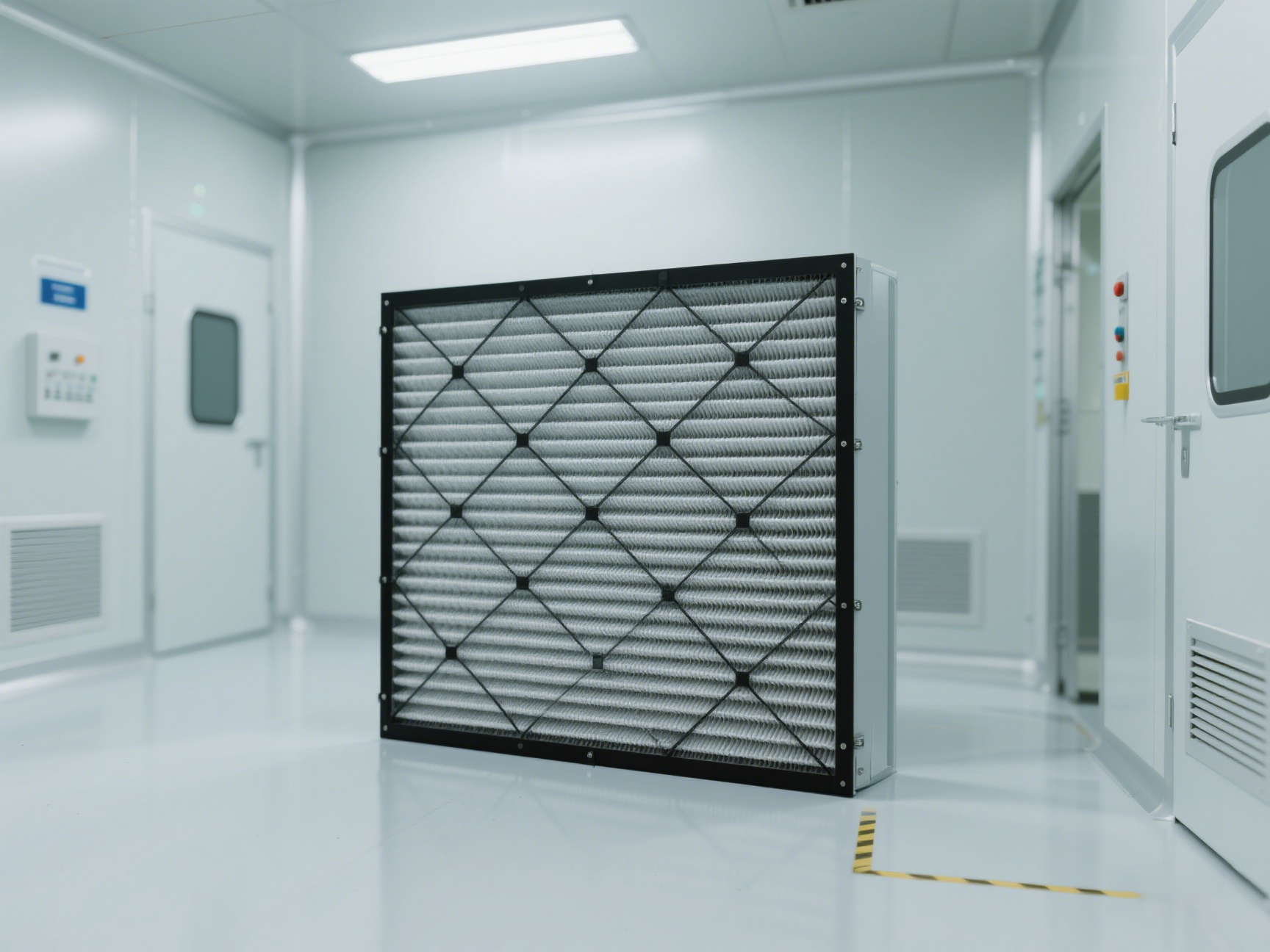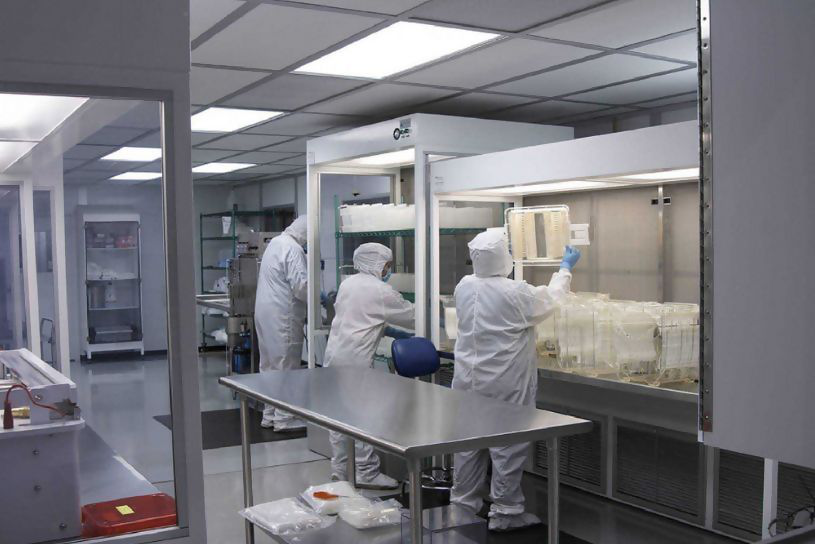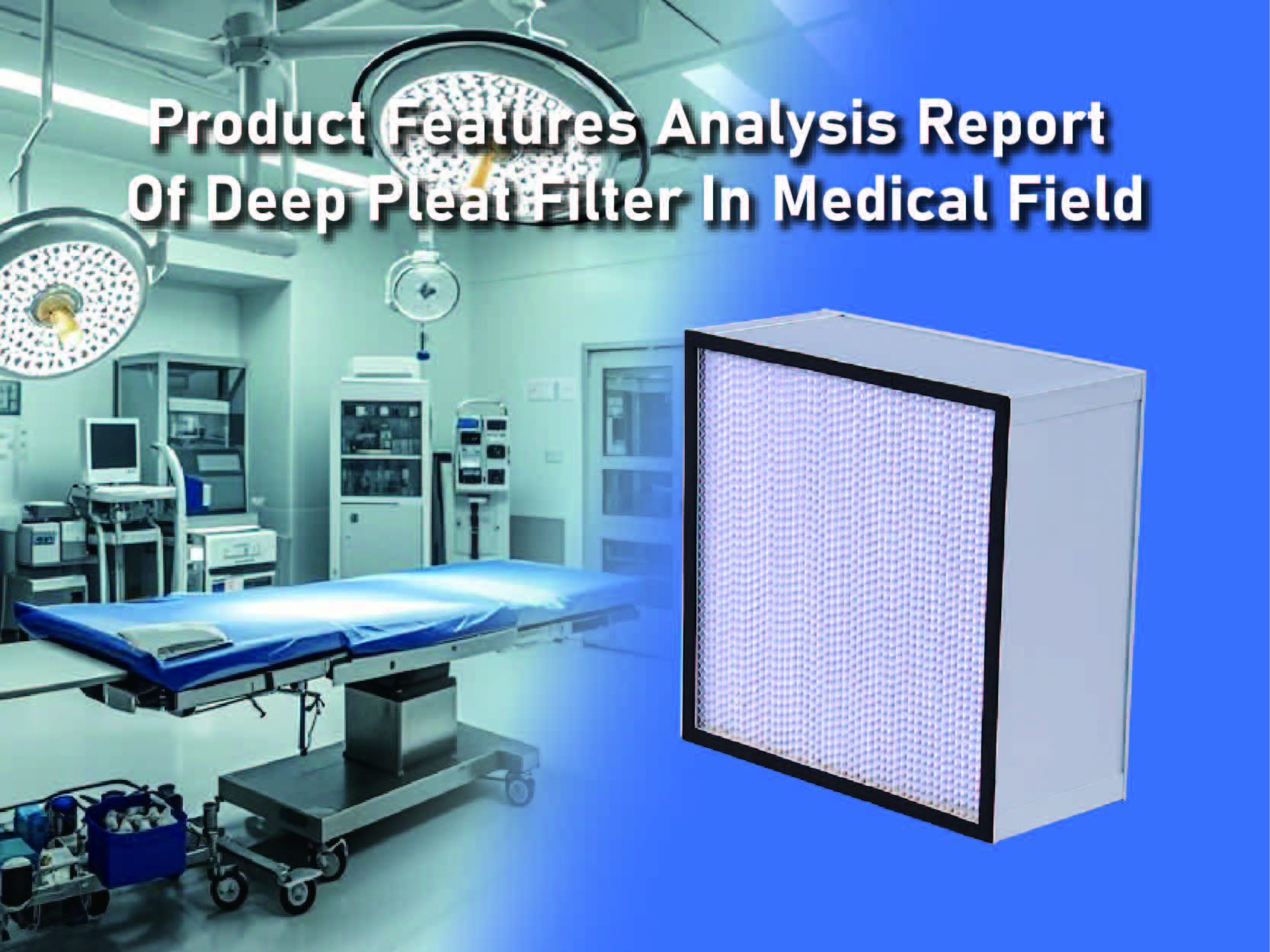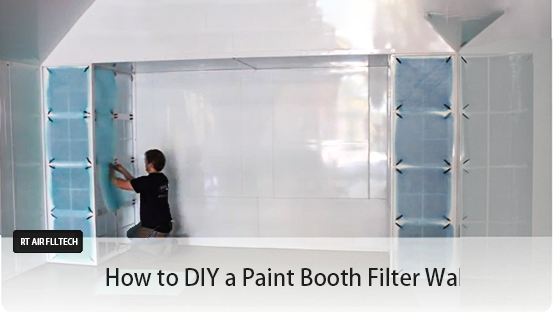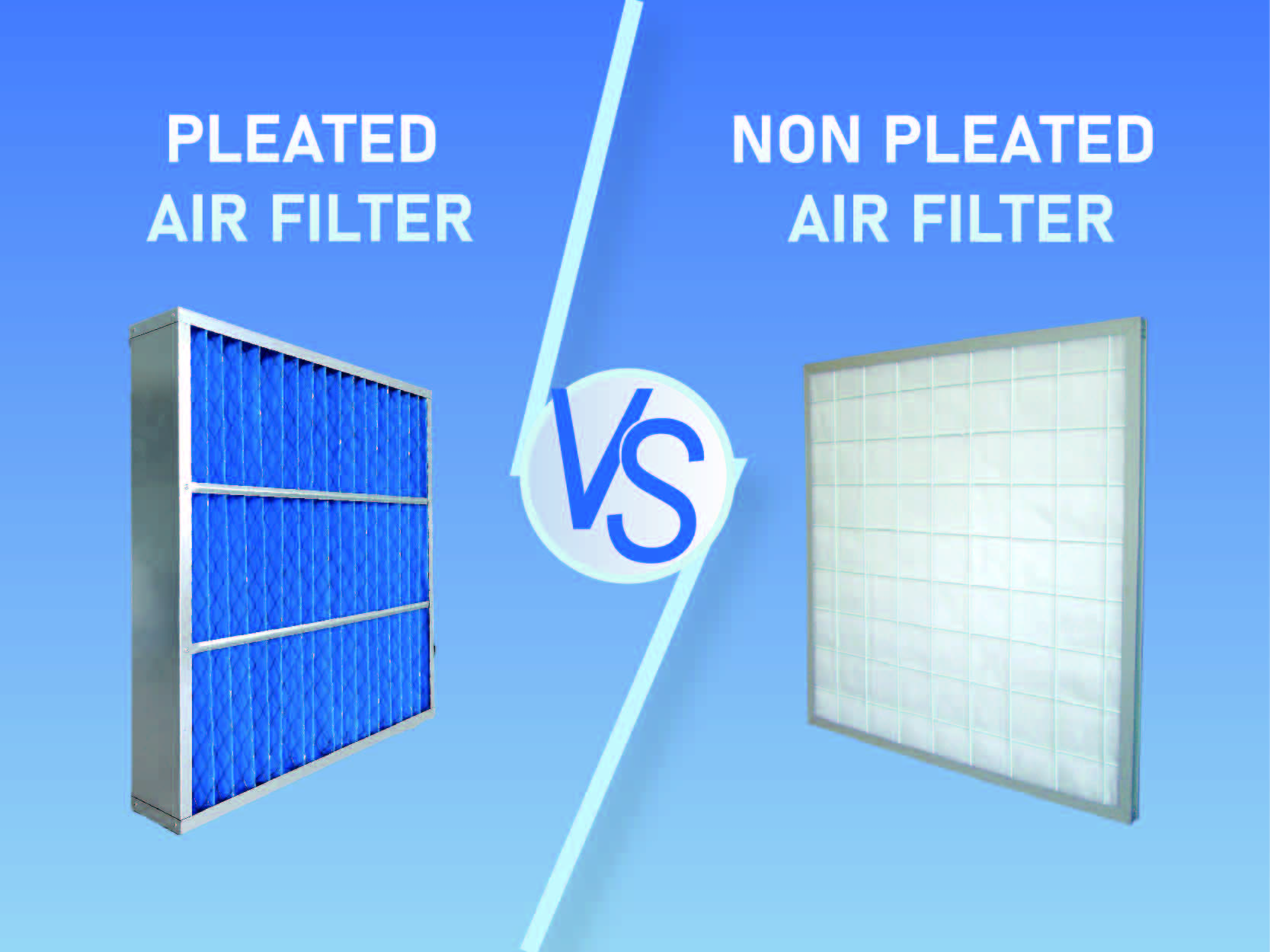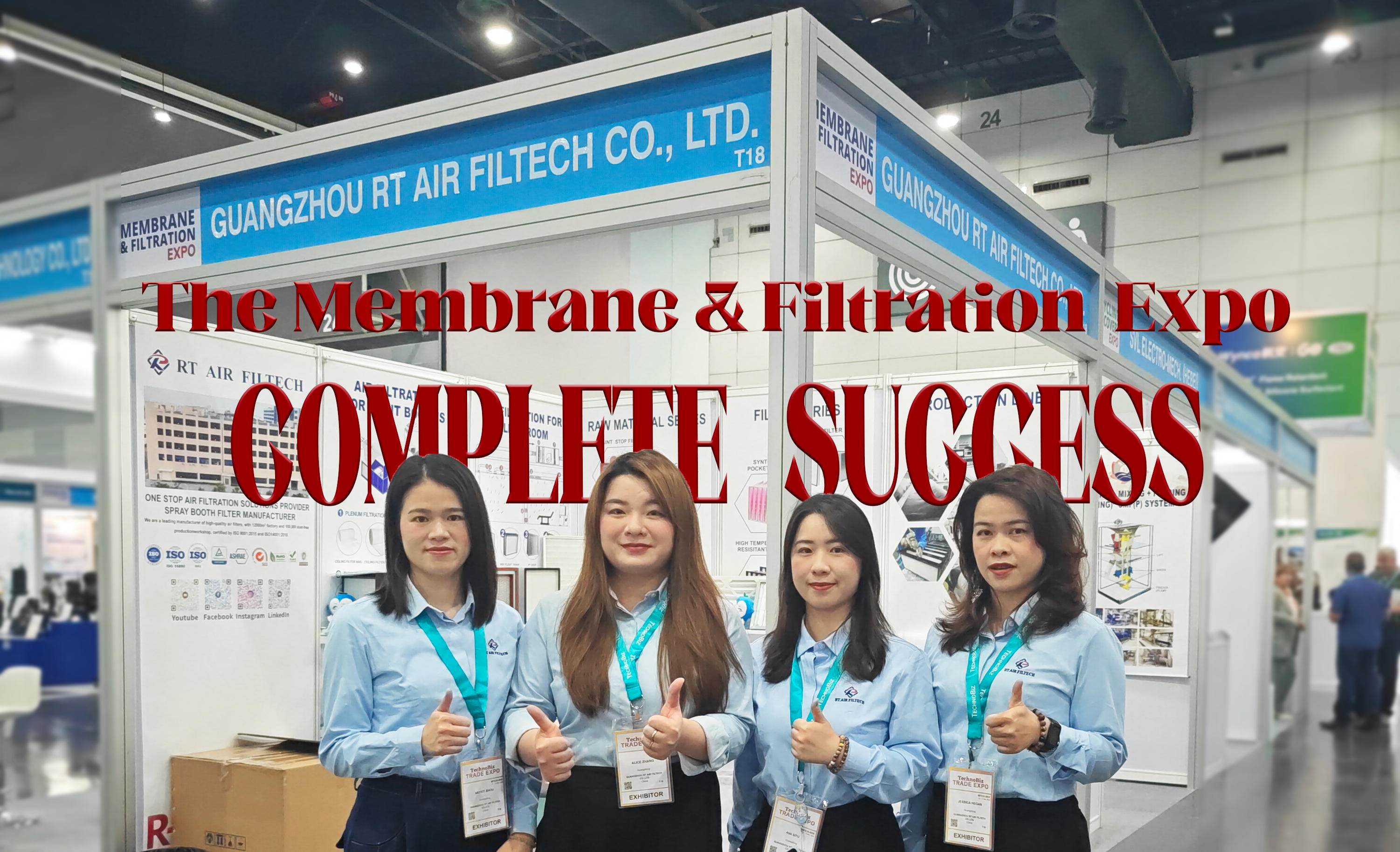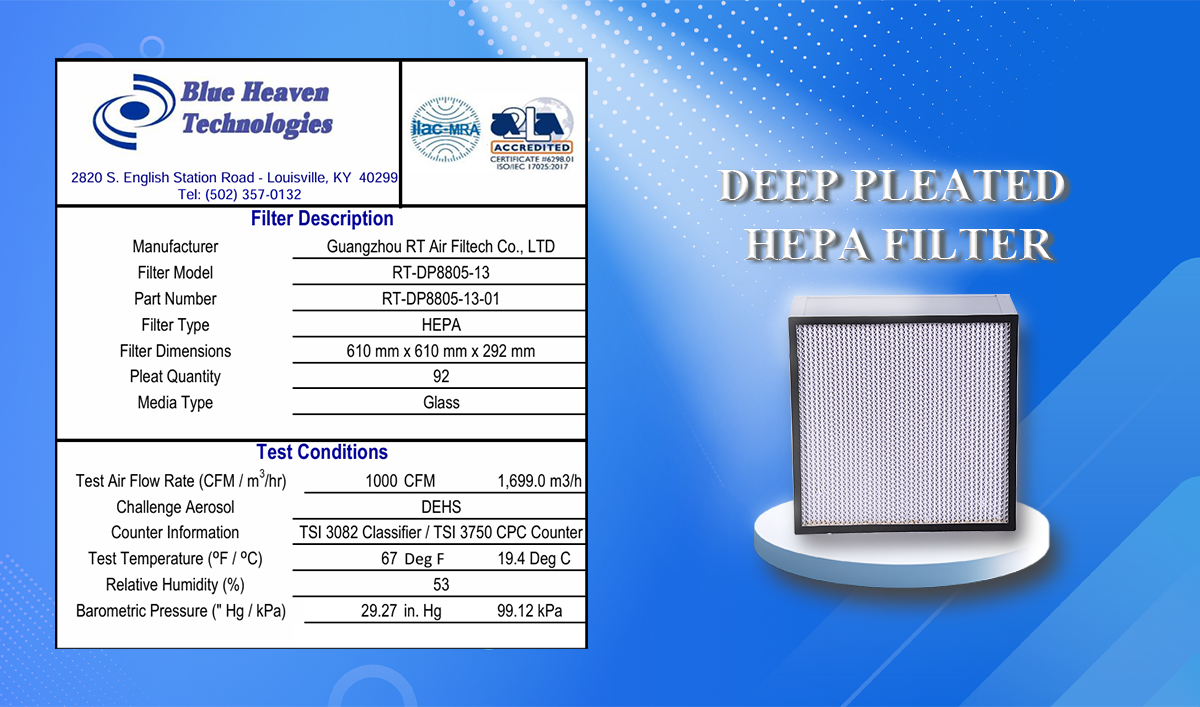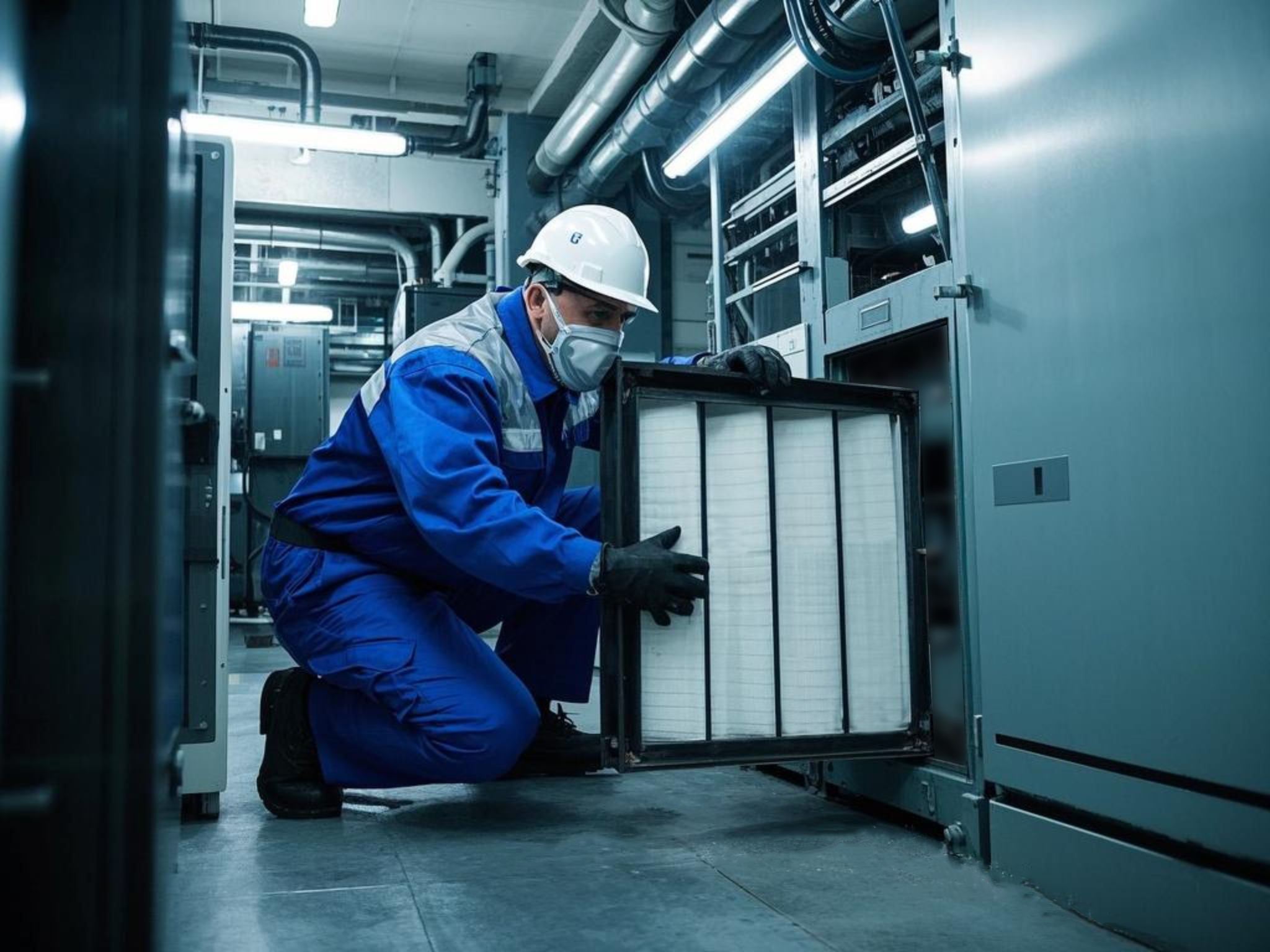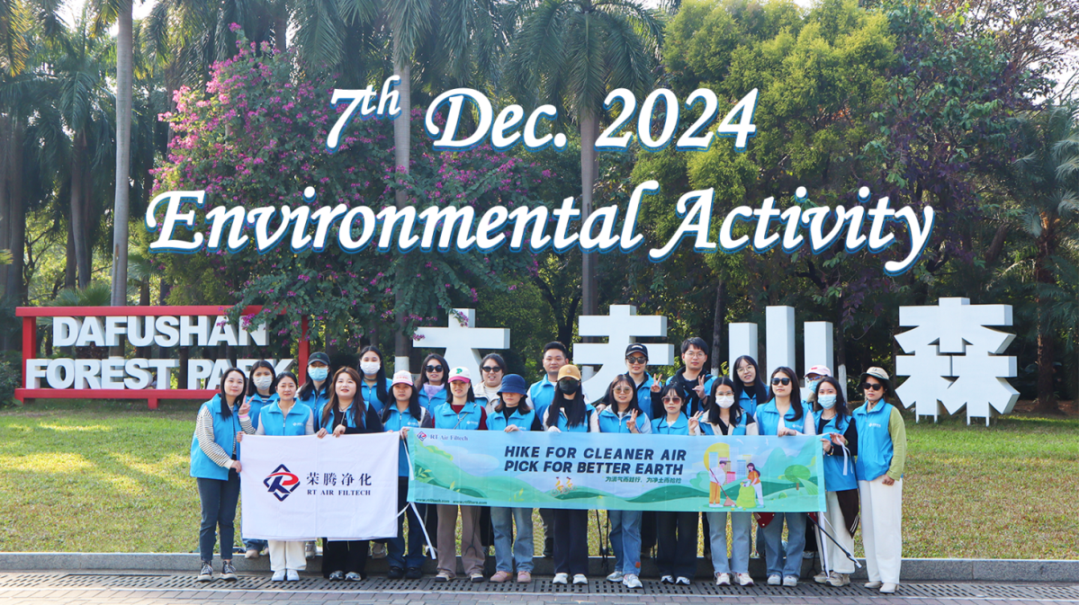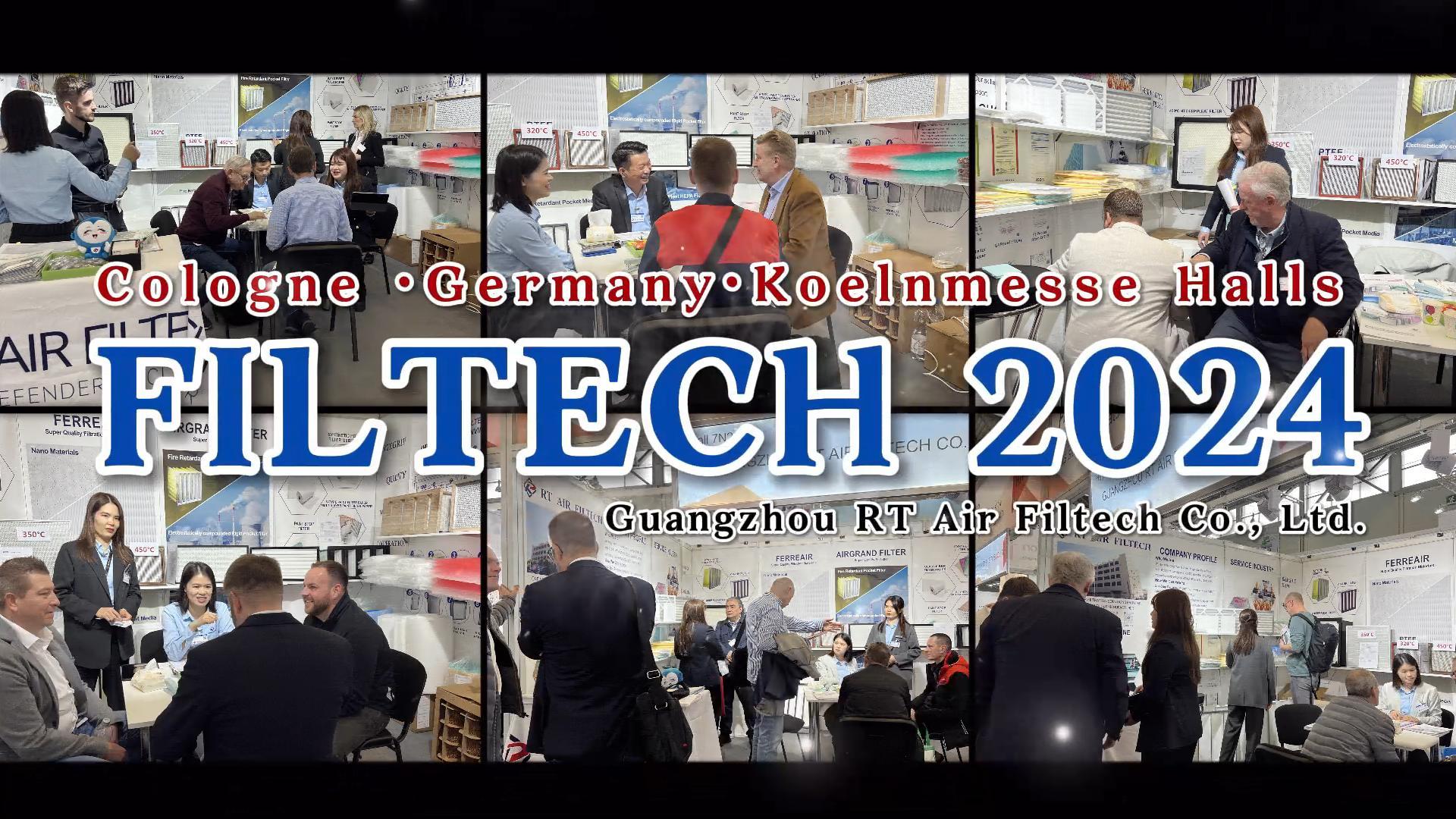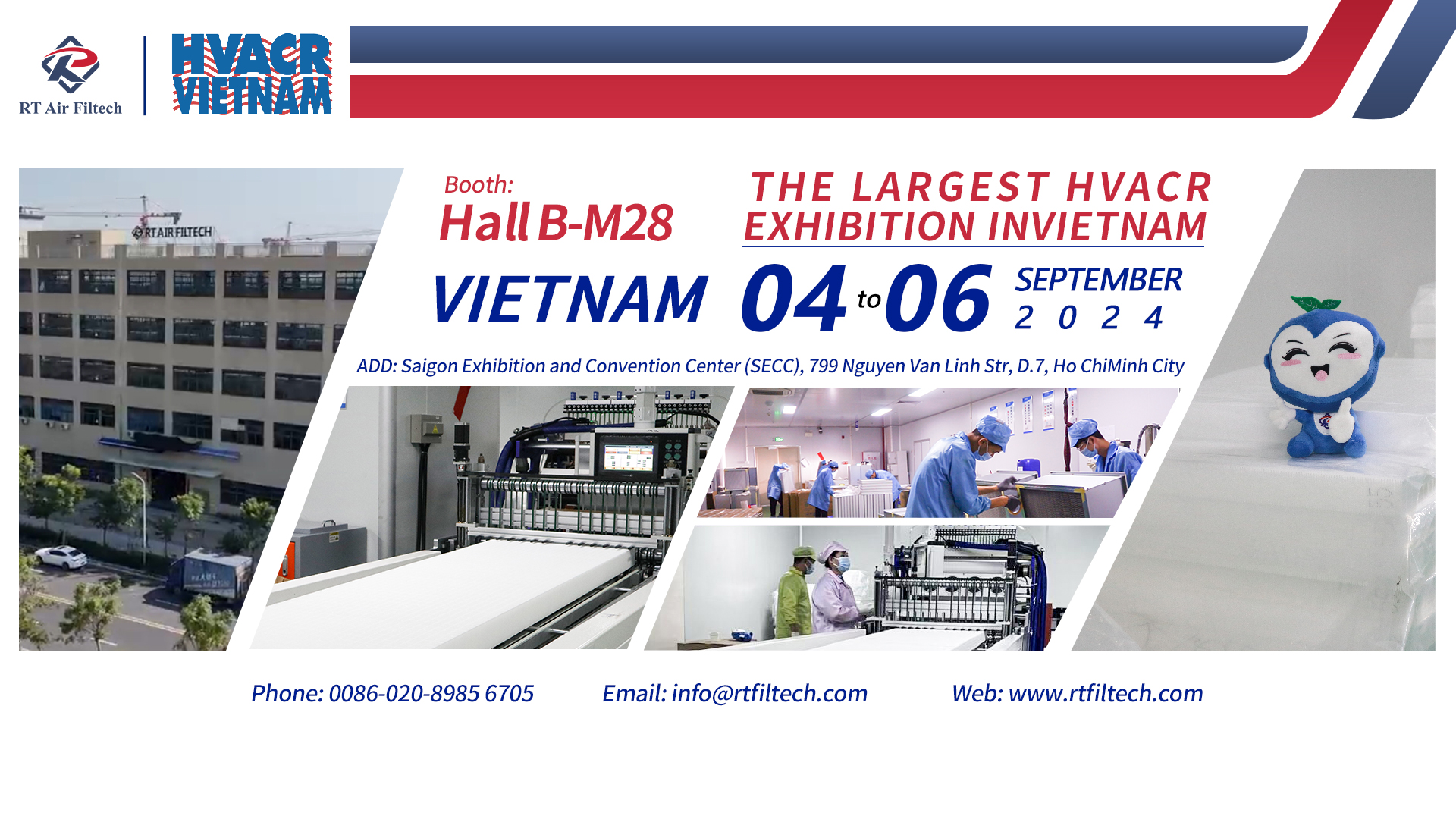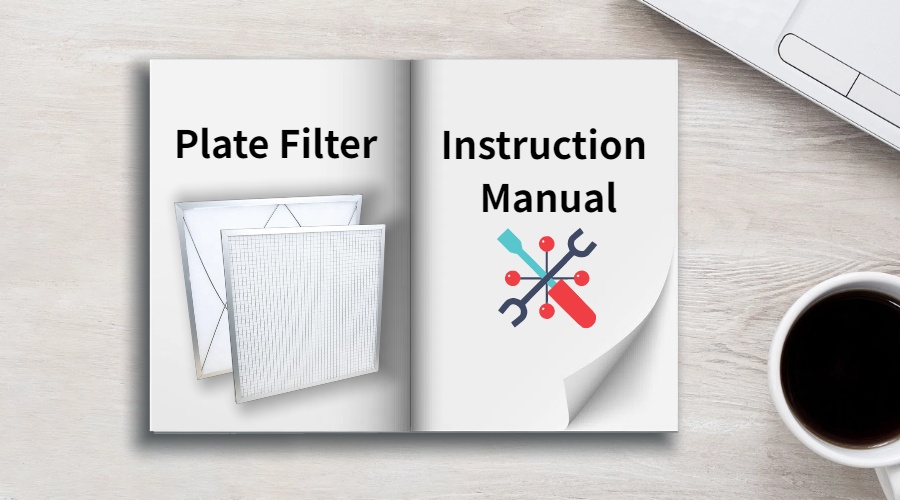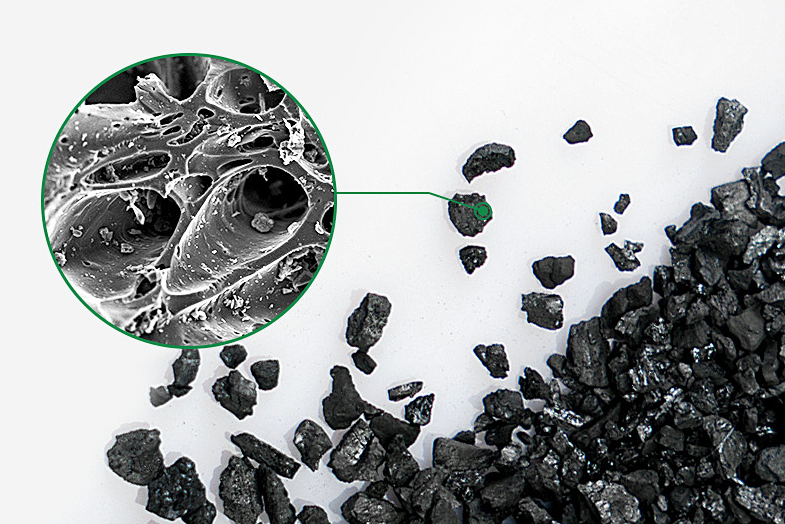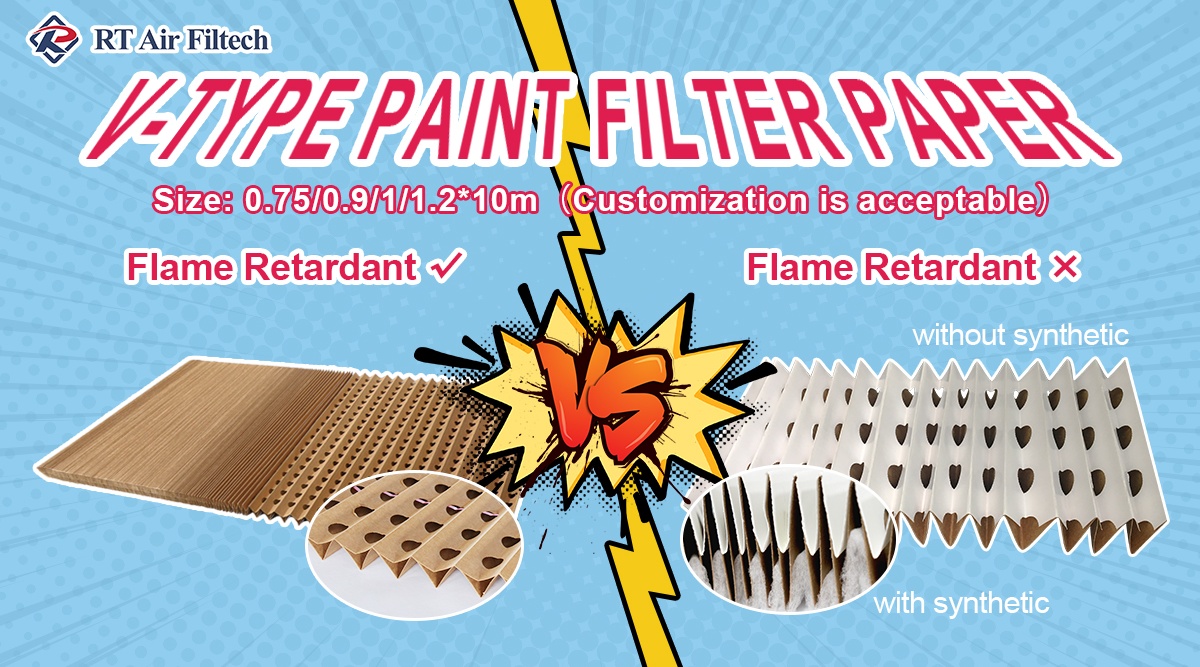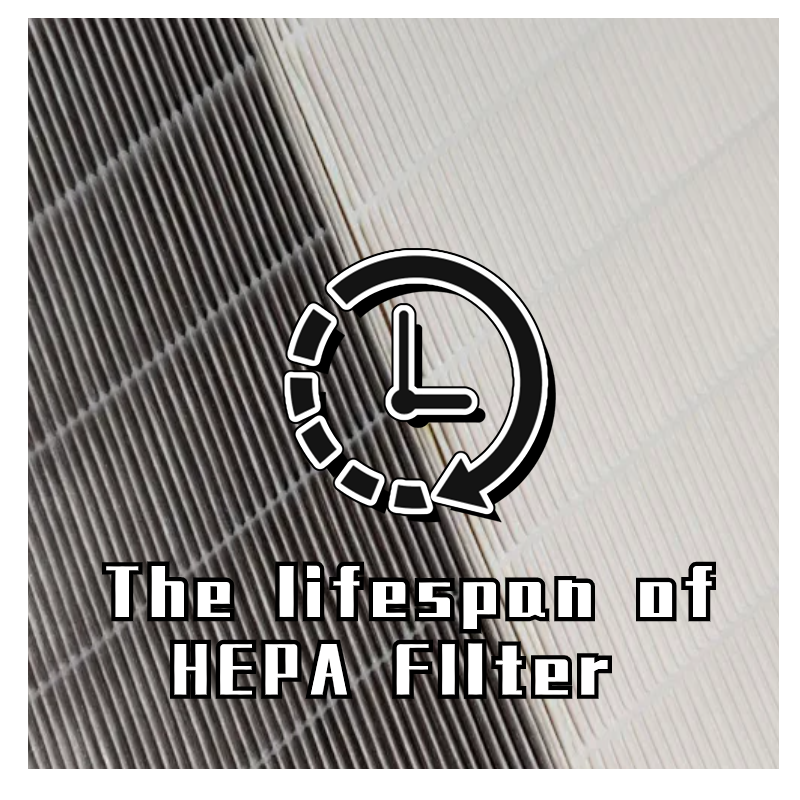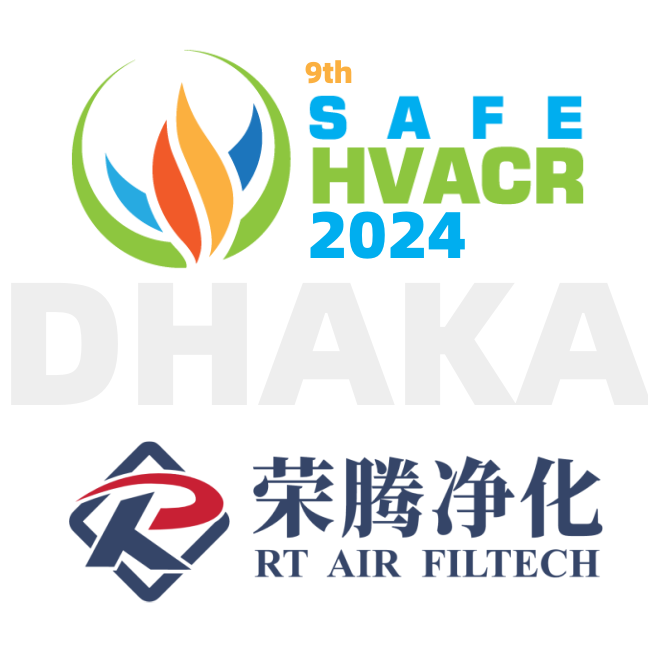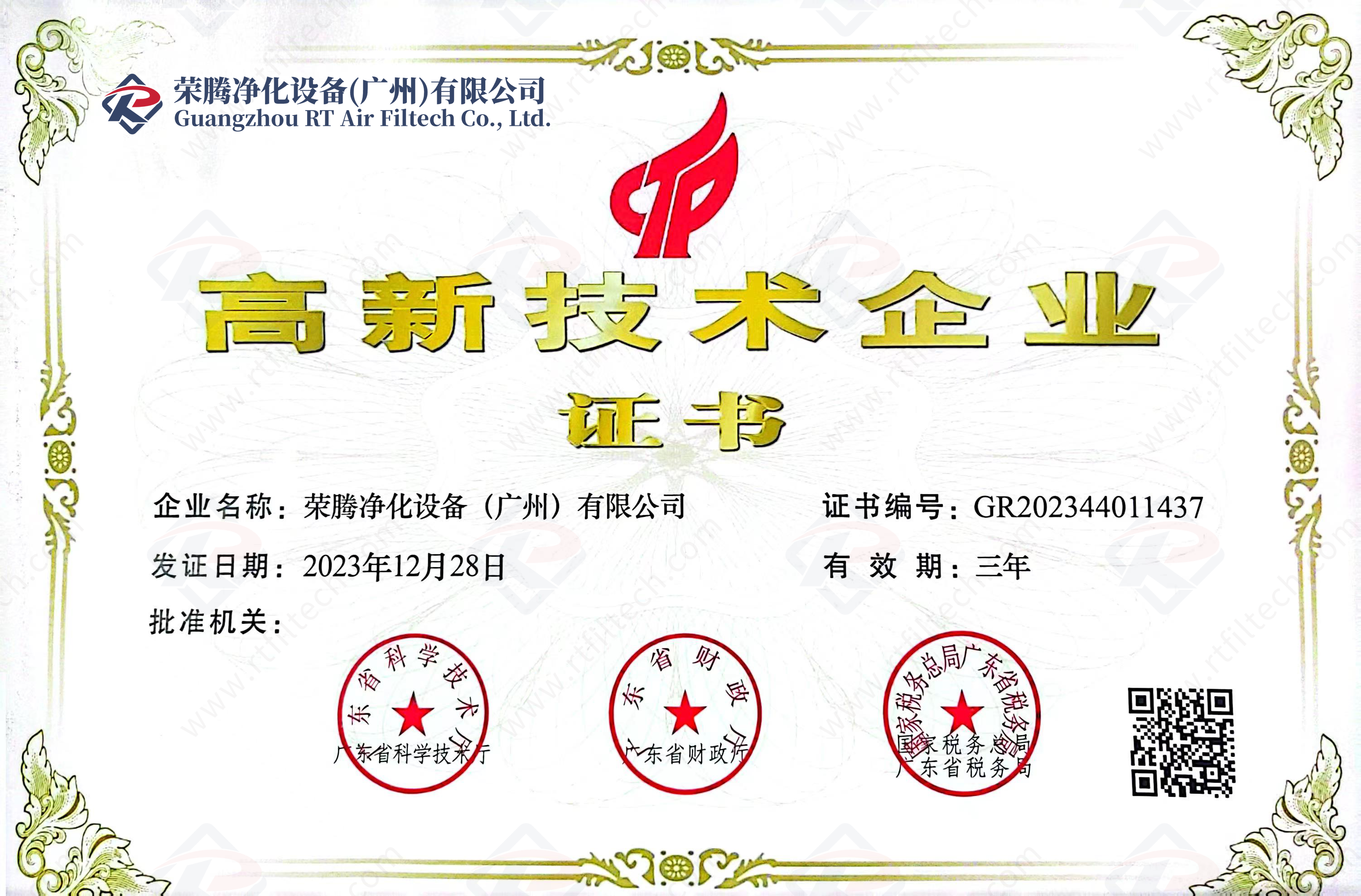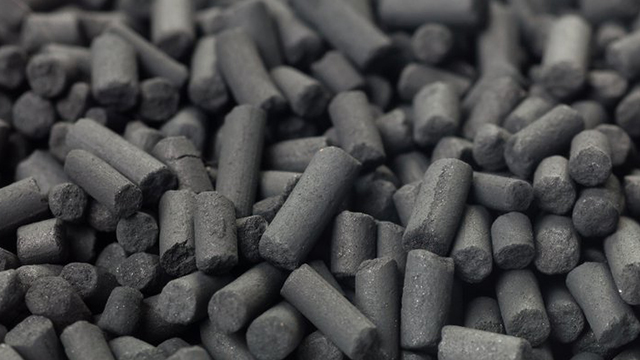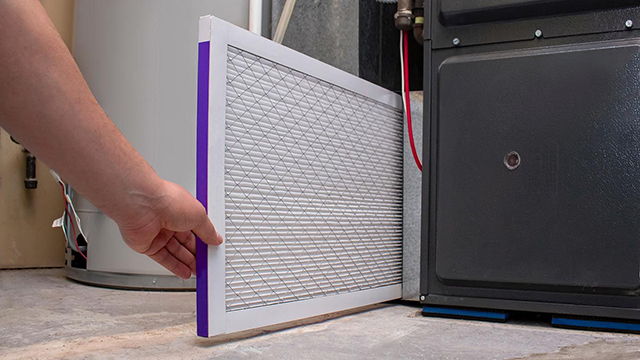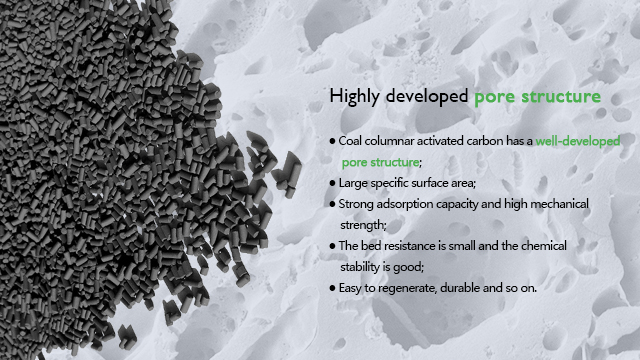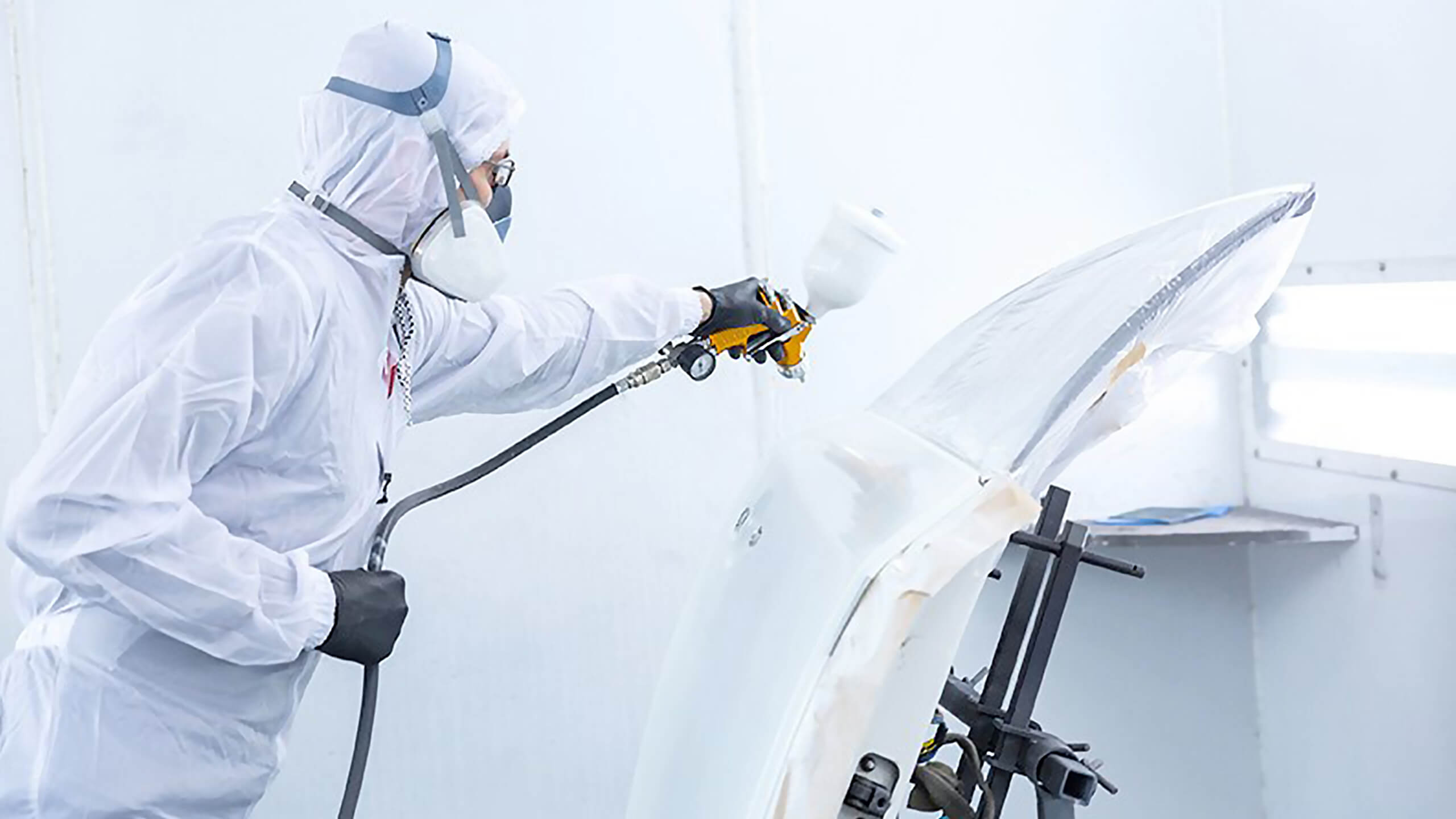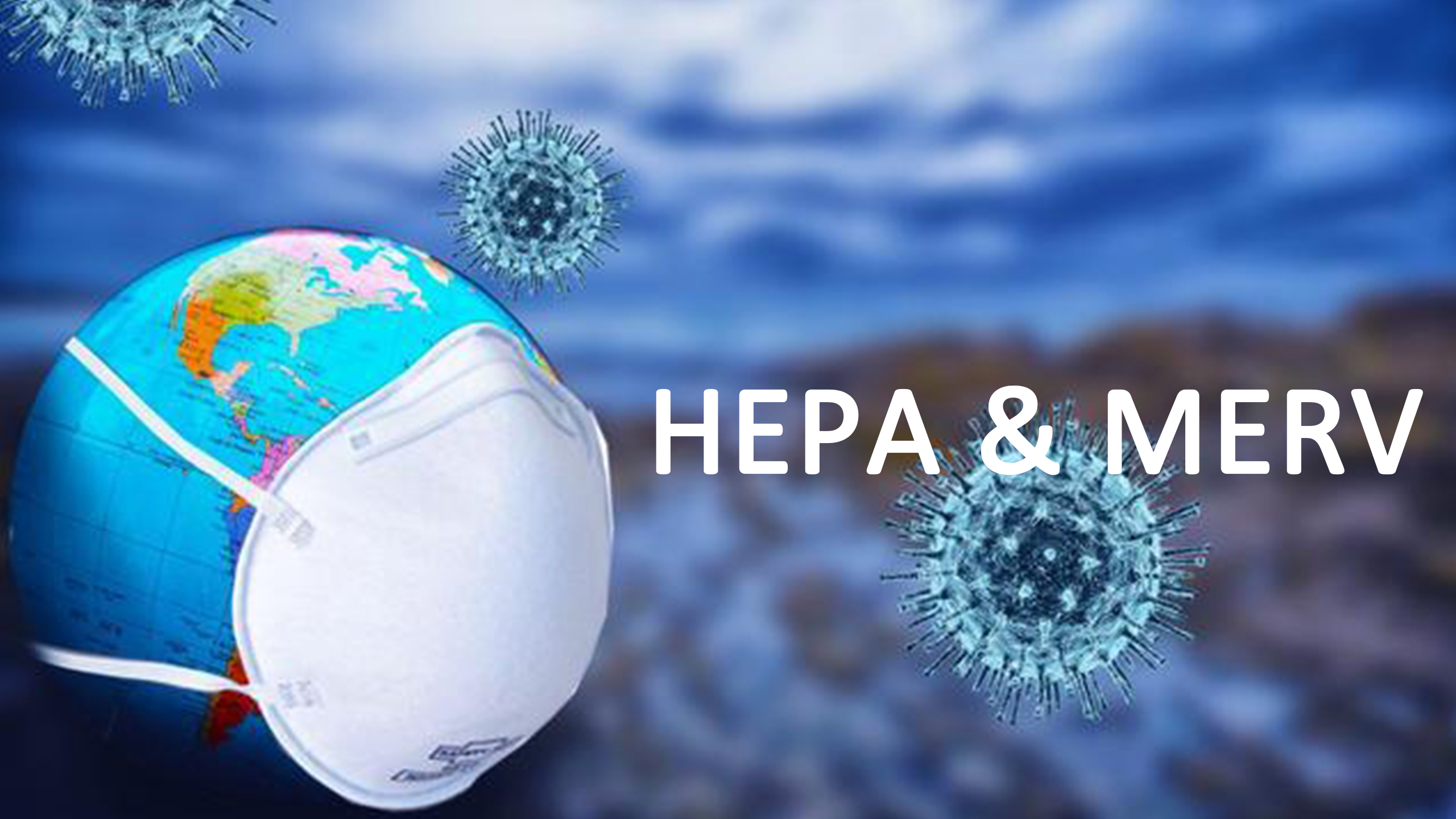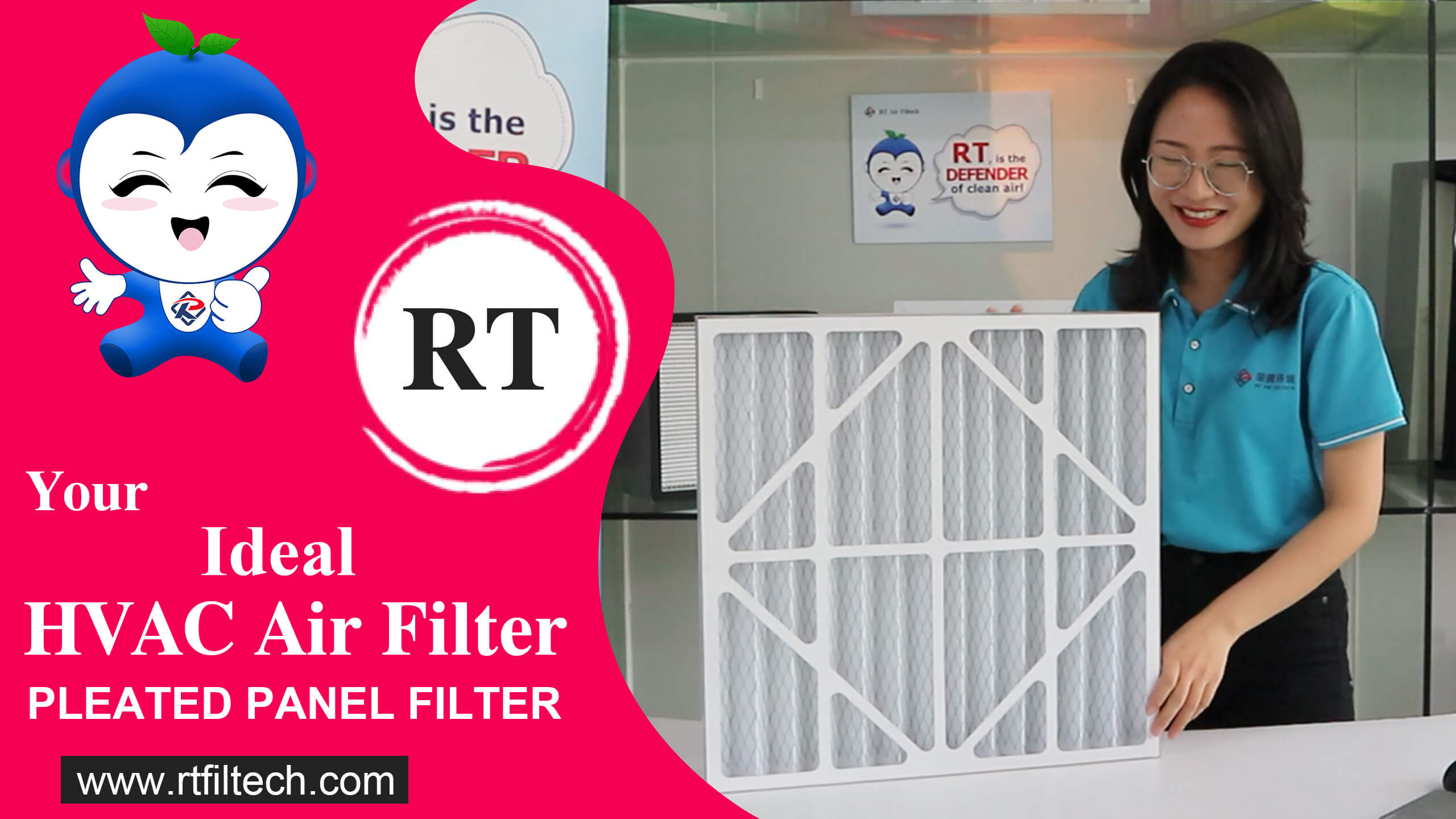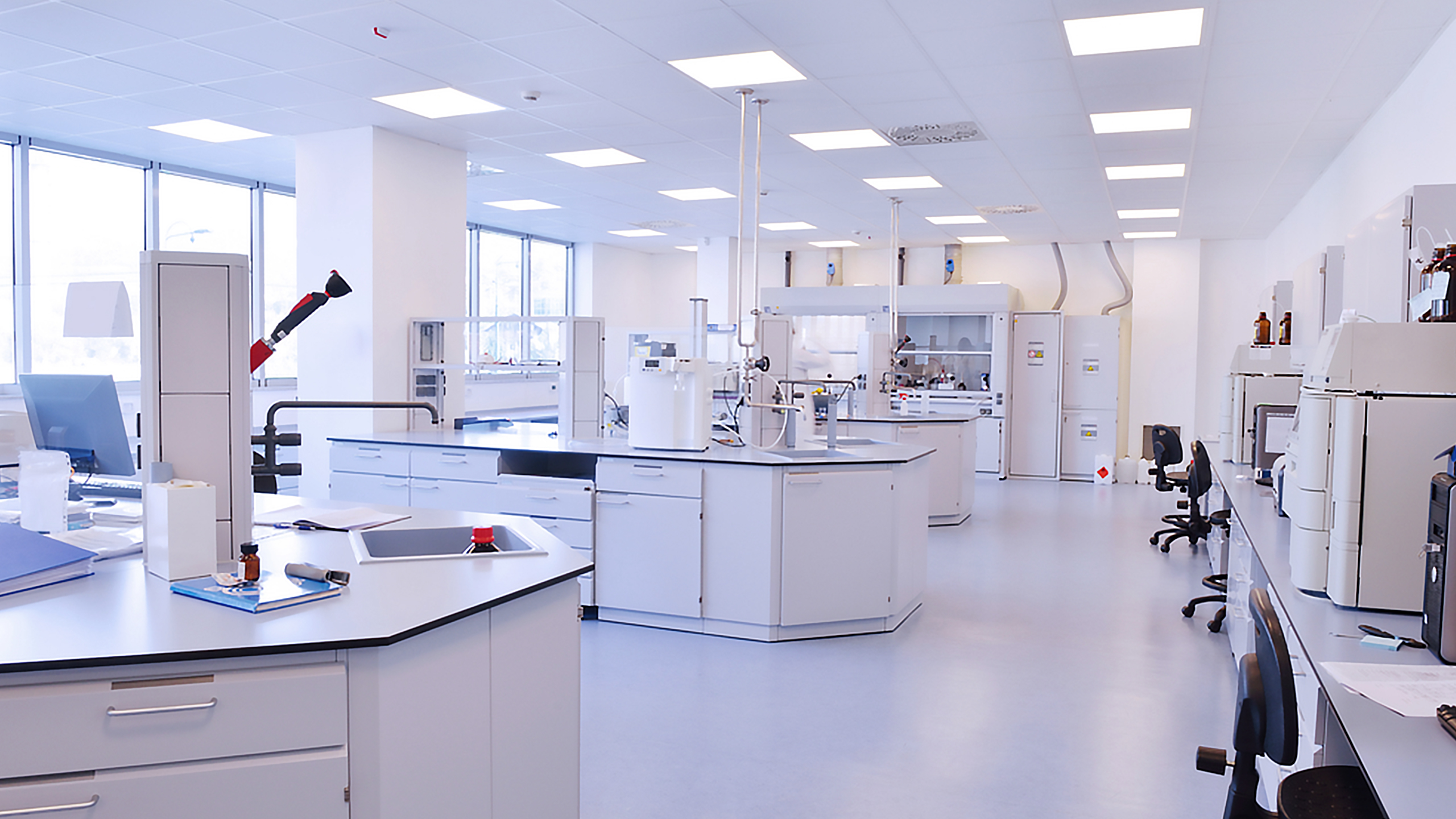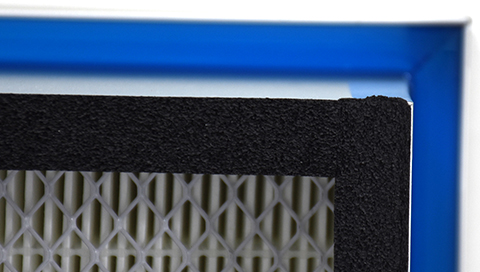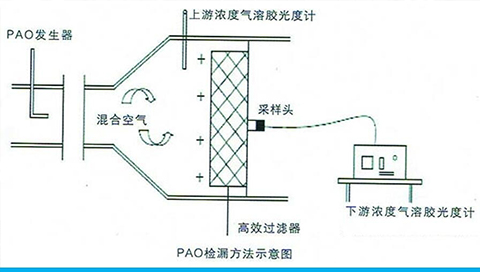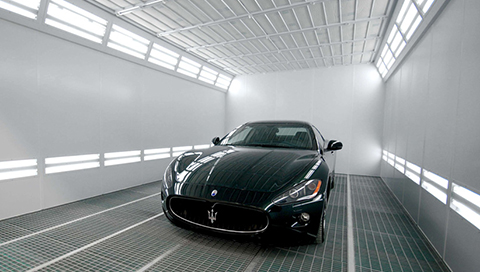How to Extend HEPA Filter Life & Save Money on Air Filtration
In the pursuit of clean air, high-efficiency particulate air (HEPA) filters stand as indispensable guardians, trapping microscopic particles and allergens to ensure the air we breathe is of the highest quality. However, for budget-conscious individuals and businesses alike, the frequent replacement of HEPA filters can present a significant financial challenge. Balancing the need for clean air with cost control efforts requires a nuanced understanding of the factors influencing HEPA filter lifespan and implementing strategies to extend it. Let's delve into this issue and explore practical approaches to save money without compromising air quality.

HEPA filters are renowned for their exceptional ability to capture airborne particles as small as 0.3 microns with an efficiency of 99.97%. This makes them highly effective in removing allergens, dust, pet dander, mold spores, and even some bacteria and viruses from indoor air. Whether in homes, offices, hospitals, or industrial settings, HEPA filters play a crucial role in promoting respiratory health and overall well-being.
Despite their effectiveness, the frequent replacement of HEPA filters can pose a significant financial burden. Depending on usage and environmental conditions, HEPA filters typically need replacement every six months to two years. For large-scale applications or environments with high levels of airborne contaminants, this can translate to substantial recurring expenses.

Several factors influence the lifespan of HEPA filters:
Usage Environment: Filters in environments with higher levels of pollutants or contaminants will clog faster, necessitating more frequent replacements.
Filter Quality: The quality of the filter itself can impact its lifespan. Investing in higher-quality HEPA filters may initially cost more but can pay off in extended longevity and improved filtration efficiency.
Maintenance Practices: Regular maintenance, such as vacuuming pre-filters and ensuring proper airflow, can help prolong filter life by preventing premature clogging.
Airflow Volume: Filters designed for higher airflow volumes may last longer in applications where air circulation is a critical factor.
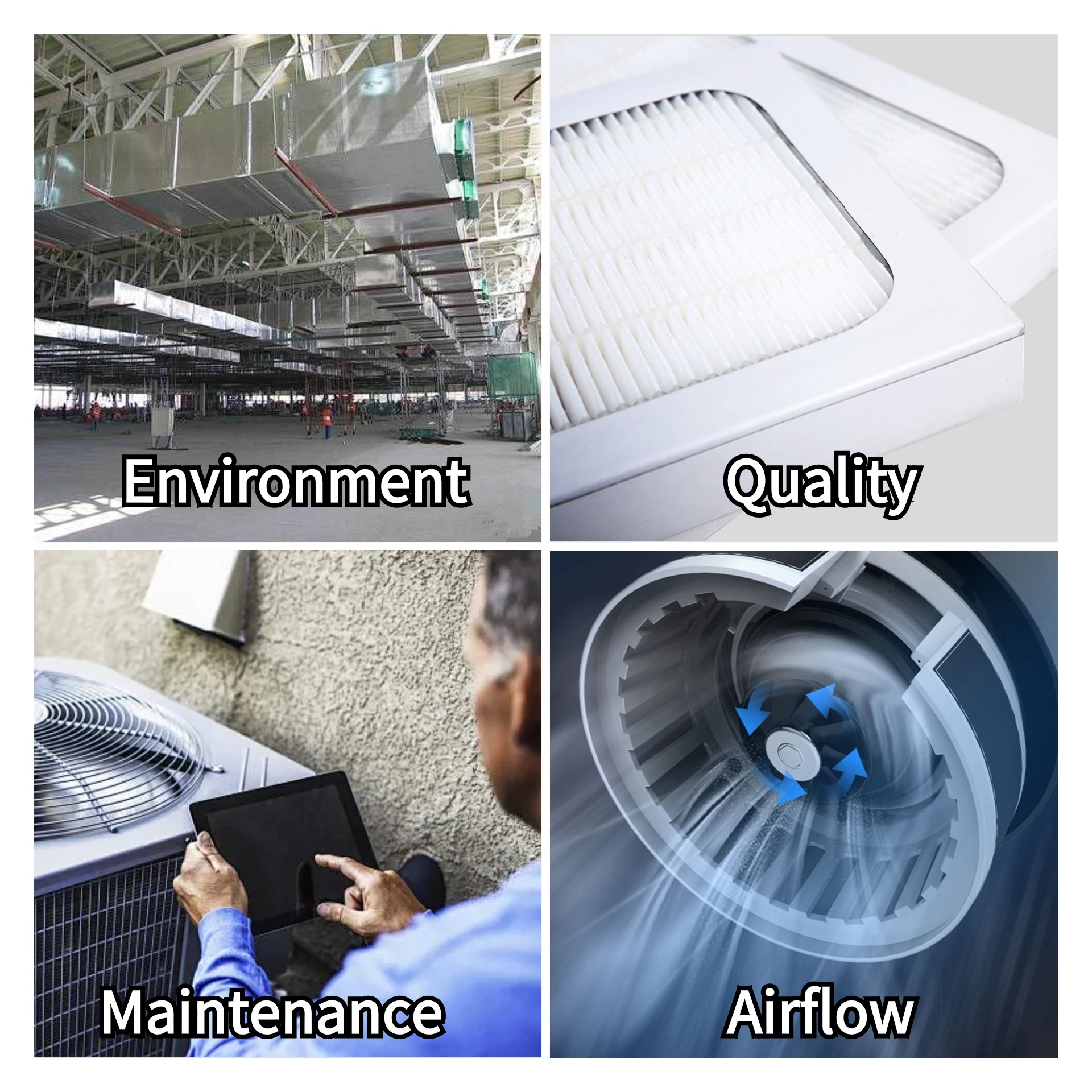

Implement Pre-Filtration: Installing pre-filters can capture larger particles before they reach the HEPA filter, reducing its workload and extending its lifespan.
Monitor Air Quality: Utilize air quality monitors to track pollutant levels and adjust filtration systems accordingly. This prevents unnecessary filter replacement and ensures optimal performance.
Regular Maintenance: Schedule routine maintenance tasks such as vacuuming or washing pre-filters, checking seals, and inspecting airflow to keep the filtration system operating efficiently.
Invest in Quality Filters: While it may be tempting to opt for cheaper alternatives, investing in high-quality HEPA filters can pay dividends in terms of longevity and performance.
Consider Filter Regeneration: Some HEPA filters can be regenerated through cleaning or specialized treatments, extending their usable lifespan and reducing replacement frequency.
Optimize Airflow: Ensure proper airflow design and ventilation to prevent the filter from overworking and extend its lifespan.
While the replacement of HEPA filters can strain budgets, implementing strategies to extend their lifespan offers a cost-effective solution without compromising air quality. By understanding the factors influencing filter longevity and adopting proactive maintenance practices, individuals and businesses can achieve a balance between clean air and cost control. Investing in quality filters and optimizing filtration systems can lead to significant savings in the long run, making the pursuit of clean air both financially and environmentally sustainable.
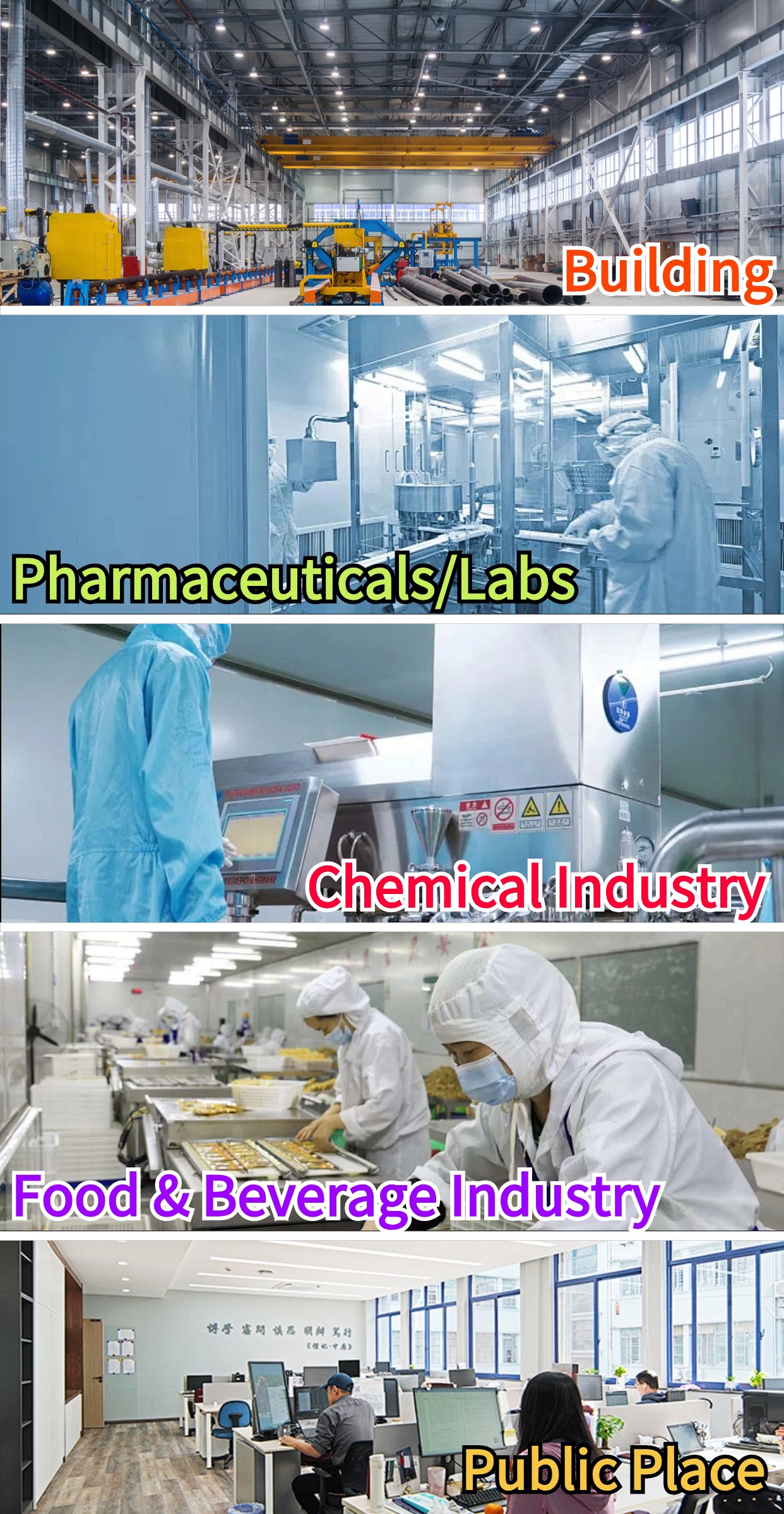
Achieving optimal air quality in your industrial environment demands a filtration solution that seamlessly integrates with your unique processes and adheres to the most rigorous standards. RT Air Filtech comprehensive filtration solutions provide a tailored approach, addressing all your air quality challenges with unwavering expertise.
